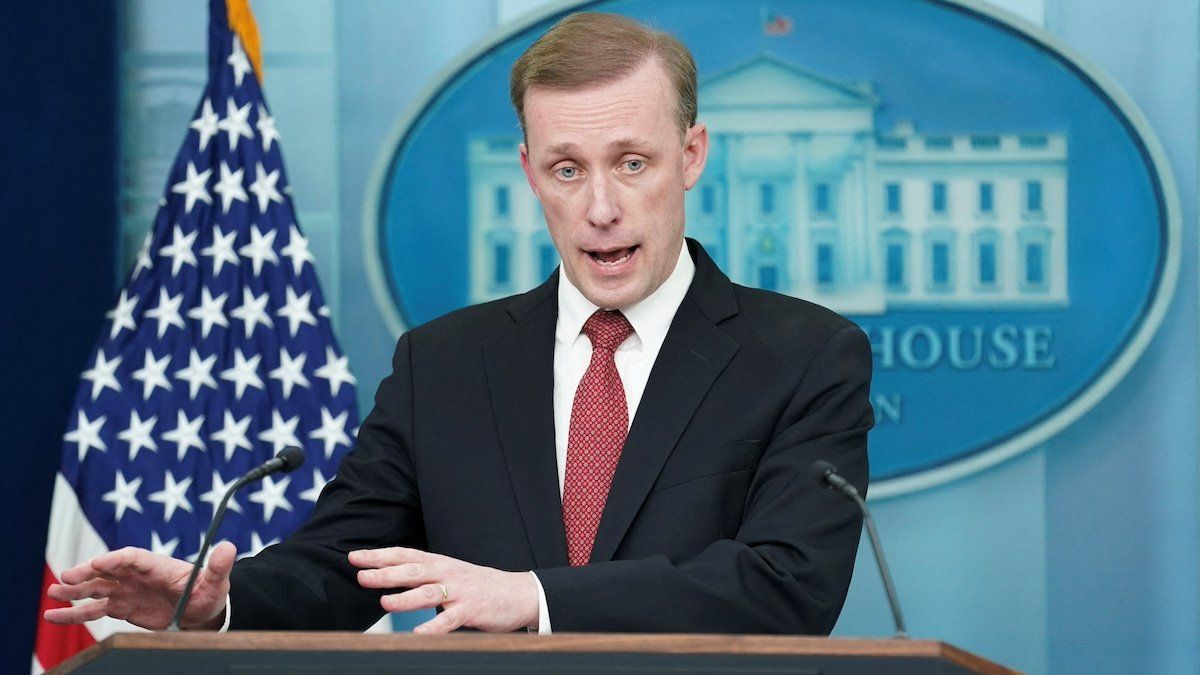Jake Sullivan is holding talks with Chinese Foreign Minister Wang Yi on Tuesday during his first visit to China as US national security adviser. The two are expected to discuss a variety of issues, including Taiwan, Russia’s war on Ukraine, and US import tariffs on China, as well as Gaza, North Korea, and Myanmar. The meeting follows five previous bilaterals, including secret meetings in Malta, Austria, and Thailand, that aimed to restore high-level communications between Washington and Beijing.
The agenda is packed, but neither side expects significant changes in the relationship, says Eurasia Group’s Rick Waters, formerly the State Department’s top China policy official.
“These talks are more like caring for a garden: If you don't do it constantly, something bad will happen,” he says. “What you can achieve is making sure that when you do certain things, the other side understands why. When the channels break … they tend to make up narratives about what the other is up to.”
By way of example, the US added 42 Chinese firms to a trade restriction list last Friday over their material support for Russia’s war in Ukraine, but don’t expect an overreaction. The US can use these high-level talks to make clear that such actions are reversible if Beijing backs off on supporting Moscow. Without that, says Waters, “There would be some in China who would say these export controls are not really about Russia – that they are about a comprehensive US containment effort to go after Chinese companies.”
Will Biden and Xi meet again? The White House seemed to leave the door open, telling reporters it would “look for opportunities to continue” high-level bilateral discussions “through the end of the year.” US and Chinese Presidents Joe Biden and Xi Jinping are scheduled to be in Brazil for the G20 on Nov. 18 and 19 — conveniently after the US election. We’ll see if they grab a room on the sidelines.
What’s Beijing thinking about Harris? Vice President KamalaHarris’ whirlwind ascent to the top of the Democratic ticket in July surprised Chinese leaders as much as it did the rest of us, and her scant track record on China leaves plenty of unknowns. That said, the question may be more one of tactics than strategy, as Harris has given no indication she intends to depart from Biden’s path.